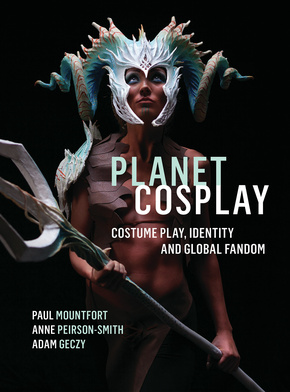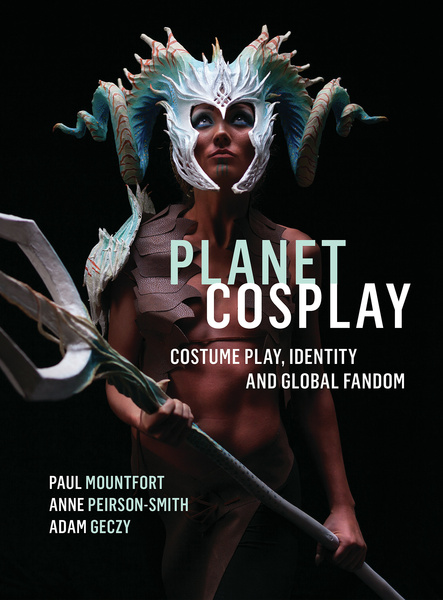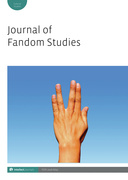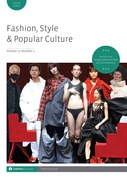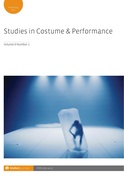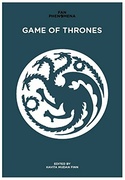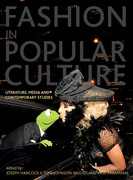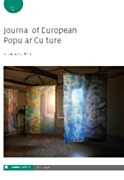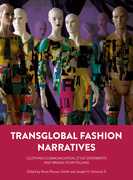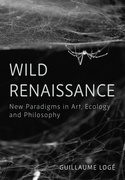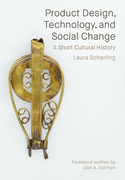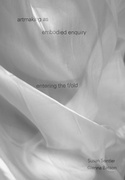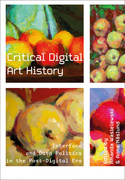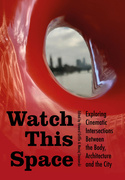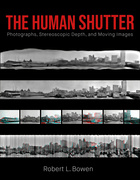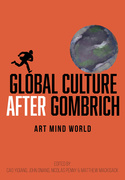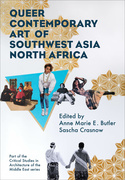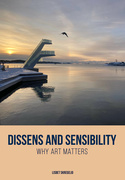Planet Cosplay (Book)
Costume Play, Identity and Global Fandom
Planet Cosplay is authored by widely published scholars in this field, examining the central aspects of cosplay ranging from sources and sites to performance and play, from sex and gender to production and consumption.
Edition
Dr Paul Mountfort is Chair of the AUT Centre for Creative Writing where he has had a supervision role in over 40 postgraduate supervision projects. He is a founding member and Vice-President of PopCAANZ (Popular Culture Association of Australia and New Zealand) and sits on the editorial boards of The Australasian Journal of Popular Culture (UK: Intellect) and IOFOR Journal of Asian Studies. His research interests include oracle-texts in popular culture, transmedia storytelling, street photography and cosplay.
Dr Anne Peirson-Smith is an Assistant Professor in the Department of English, City University of Hong Kong. She teaches and researches fashion studies, fashion culture and communication, popular culture, advertising and branding and is currently researching the subject of Cosplay and youth fashion style in South East Asia with the aid of a Hong Kong Government funded research grant.
Dr Adam Geczy is an artist and writer who is Senior Lecturer at Sydney College of the Arts, a Faculty of the University of Sydney. With twenty years of artistic practice, his video installations and performance-based works have been exhibited throughout Australasia, Asia and Europe to considerable critical acclaim.
Acknowledgements
Introduction
Part 1: Critical Practice
Chapter 1: Cosplay as Citation
Chapter 2: Cosphotography and Fan Capital
Chapter 3: Cosplay at Armageddon
Part II: Ethnographies
Chapter 4: Cos/play
Chapter 5: Cosplay Sites
Chapter 6: Cos/creation
Part III: Provocations
Chapter 7: Proto-Cosplay
Chapter 8: Cosgender/Cosqueer
Chapter 9: Cosporn
Conclusion: Cosplay Futures
Index
'While the academic study of cosplay has blossomed in the last decade, this book is the first scholarly monograph on the subject. [...] Planet Cosplay: Costume Play, Identity and Global Fandom is an excellent monograph. Its use of several different approaches to understand cosplay makes it a fine resource for the study of this intriguing practice.'
'An effective primer for anyone looking to better understand the topic. [...] Where the book is particularly effective is in providing broader histories and working definitions for an under-researched area. While many accounts of cosplay begin with Takahashi’s 1983 article, the first part of Planet Cosplay charts how costuming as characters from popular culture dates back over a hundred years. [...] This rounded approach enables the authors to position this under-analysed fan practice as an important site of cultural exchange, fluid identity and communal participation. Collectively, these perspectives make a persuasive argument that cosplay is worthy of sustained scholarly interest and that Planet Cosplay should provide a useful entry point for those hoping to take up that research.'

